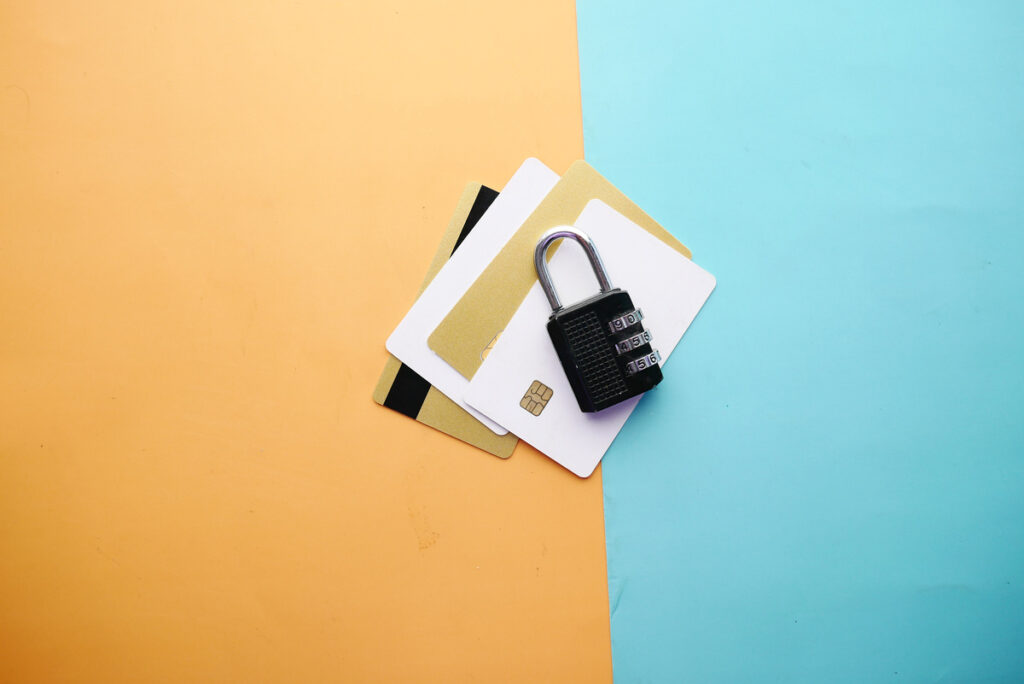
November 1, 2023
What is PCI Compliance: an updated guide for 2025
- What PCI Compliant mean?
- What is PCI Compliance and do I need it?
- What is the PCI Compliance Process?
- What is PCI and what is used for?
- How do you know if you are PCI Compliant?
- What makes a company PCI compliant?
- What is PCI Compliance checklist?
- PCI Compliance requirements
- How to get PCI DSS certification
In this updated 2025 guide, we’ll cover the world of PCI compliance, breaking it down and elucidating its critical importance, especially for businesses handling credit card transactions.
PCI compliance steps up to the plate, providing a robust shield of protection. Throughout this guide tailored for 2025, we’re set to embark on a comprehensive exploration of PCI compliance. We’ll demystify it, underscoring why it holds immense significance, particularly for businesses entrusted with credit card transactions. So, let’s dive in and get to the heart of the matter!
What PCI Compliant mean?
PCI compliant means adhering to the Payment Card Industry Data Security Standard (PCI DSS), a set of comprehensive security standards designed to ensure that all companies that accept, process, store, or transmit credit card information maintain a secure environment. Achieving PCI compliance signifies that a business has taken the necessary measures to protect cardholder data and reduce the risk of data breaches.
What is PCI Compliance and do I need it?
PCI compliance is a mandatory requirement for any organization that handles credit card transactions. Whether you are a small online retailer or a large multinational corporation, if you accept payment through credit cards, PCI compliance is non-negotiable. Failure to comply with PCI DSS can result in severe penalties, including fines and restrictions on processing credit card payments.
What is the PCI Compliance Process?
Achieving and maintaining PCI compliance involves a systematic process that includes several key steps:
Assessment: The first step is to identify and classify cardholder data, and then assess the security controls in place.
Remediation: Address any vulnerabilities or non-compliance issues identified in the assessment phase.
Validation: Conduct regular security assessments and penetration tests to validate compliance with PCI DSS.
Report: Submit compliance reports to the appropriate card brands and acquiring banks.
Maintenance: Continuously monitor and update security measures to stay compliant with evolving threats and standards.
What is PCI and what is used for?
PCI, short for Payment Card Industry, is a global consortium of major credit card companies, including Visa, MasterCard, American Express, Discover, and JCB. The PCI Security Standards Council was established by these companies to develop and enhance security standards for payment account security.
The primary purpose of PCI compliance is to protect cardholder data from being compromised. It sets forth a framework that ensures all entities involved in card transactions maintain a secure environment.
How do you know if you are PCI Compliant?
Determining whether your business is PCI compliant involves a thorough self-assessment or engaging a Qualified Security Assessor (QSA) to conduct a formal audit. The assessment evaluates various aspects of your payment processing systems, including network security, access controls, encryption, and more.
Using a QSA ensures an objective evaluation and provides a comprehensive report on your compliance status. It also offers expert guidance on any necessary improvements.
What makes a company PCI compliant?
Achieving and maintaining PCI compliance requires a multifaceted approach:
Network Security: Employ robust firewalls, secure configurations, and encrypted communications to protect cardholder data.
Access Controls: Implement strict access controls and unique user IDs to restrict access to sensitive information.
Regular Monitoring and Testing: Continuously monitor and test security systems and processes for vulnerabilities.
Security Policies and Procedures: Develop and enforce comprehensive security policies and procedures.
Incident Response Plan: Have a well-defined plan in place to respond to and mitigate security incidents.

What is PCI Compliance checklist?
A PCI compliance checklist is a detailed document outlining the specific requirements and best practices for achieving and maintaining PCI compliance. It serves as a roadmap for businesses, guiding them through the necessary steps and measures to ensure the security of cardholder data.
Is PCI Compliance required by law?
While PCI compliance itself is not a federal law, it is mandated by card brands like Visa, MasterCard, and others. Non-compliance can lead to fines and even the revocation of the ability to process card payments.
PCI Compliance requirements
The PCI compliance requirements encompass a wide range of security measures, including but not limited to:
- Installing and maintaining a firewall configuration
- Protecting stored cardholder data
- Encrypting transmission of cardholder data
- Using and regularly updating anti-virus software
- Developing secure systems and applications
How to get PCI DSS certification
Obtaining PCI DSS certification involves the following steps:
Self-Assessment Questionnaire (SAQ): Complete the SAQ relevant to your business type.
External Vulnerability Scan: Conduct quarterly vulnerability scans if applicable.
Report on Compliance (ROC): Engage a QSA for a formal assessment and ROC, if required.
Submit Compliance Reports: Submit the necessary reports to the card brands and acquiring banks.
Maintain Ongoing Compliance: Continuously monitor and update security measures.
And that’s not all. Gr4vy has been proudly maintaining its PCI Level 1 certification, showcasing our steadfast commitment to upholding the highest standards of payment data security. This means that when you choose Gr4vy, you’re not just opting for a payment solution; you’re opting for a partnership that consistently meets and exceeds industry compliance benchmarks.
We understand that in today’s rapidly evolving digital landscape, security is paramount. That’s why Gr4vy continuously invests in cutting-edge technologies and best practices to ensure your payment data remains safeguarded at all times.
If you’re eager to explore how Gr4vy can further fortify your payment processing security, we warmly invite you to get in touch. Our dedicated team is here to provide you with insights and solutions tailored to your unique business needs. Your journey towards enhanced payment security and seamless transactions begins with a conversation with Gr4vy. We look forward to being your trusted partner in payments.